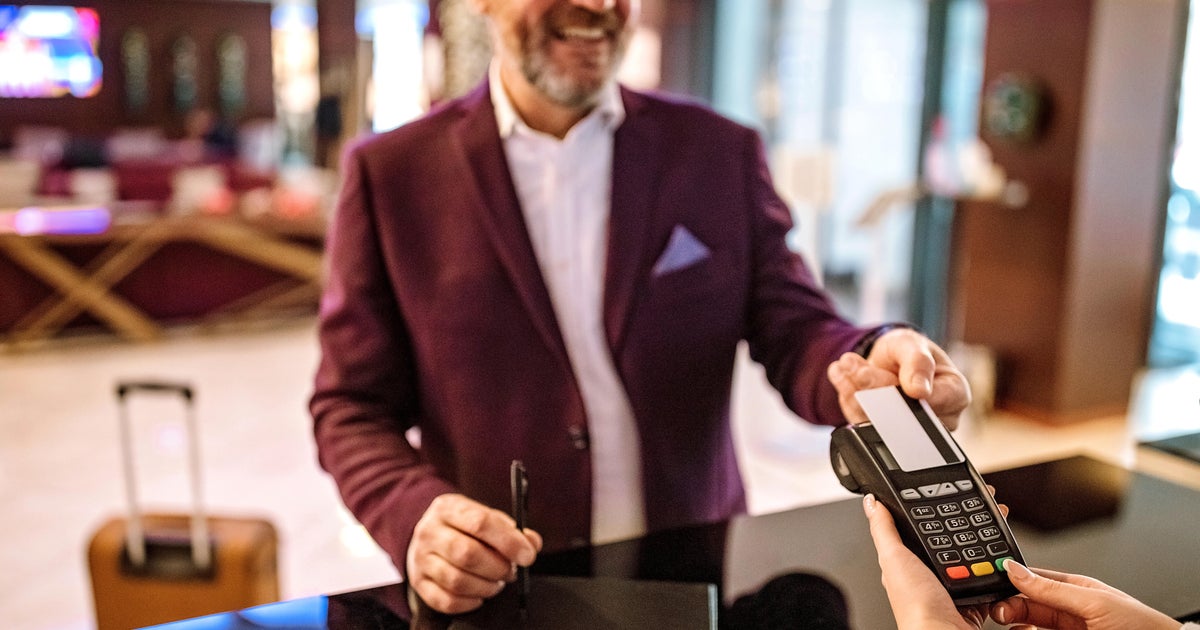Millions are still waiting for their unemployment checks
A month of unemployment has gone by and Kyle Quigley of Portland still hasn't received an unemployment check from the state of Oregon. The out-of-work restaurant server said he filed his jobless claim March 16, waited, and waited, then got a letter in the mail two weeks ago.
He said state officials wanted more information about Quigley's job history this year and asked him to file extra paperwork. He did so, but hasn't heard back.
"So now, I'm just waiting on something [else], I guess," said Quigley, 25. "I mean, I didn't think that it'd take this long."
Quigley is one of an estimated 6.2 million Americans who've filed unemployment applications with their states in the past month yet still haven't received their first payment, according to an Economic Policy Institute analysis of unemployment claims data from the U.S. Department of Labor.
More than 22 million workers have applied for unemployment nationwide in the past month, the Labor Department said Thursday, with 5.2 million of them filing jobless claims just in the last week.
Economists predict the national unemployment rate will soar into double-digits next month as more businesses shutter and Americans stay in place to slow the spread of COVID-19.
"As dire as the current unemployment numbers are, things will likely get worse before they get better," EPI said in a research note Thursday. "We project that near-term job losses could exceed 30 million [by the end of June] even taking into account the relief measures already in place."
Americans are waiting for payments at a time when they should be seeing more unemployment dollars than they would normally get. Under the CARES Act, passed in late March to deliver some $2 trillion in financial relief, an extra $600 per week funnels to people out of work for up to 39 weeks. Some states, including Pennsylvania, have already begun doling out the additional money.
New Jersey resident Aria Cueva, who lost her part-time job at a boutique March 23, is another one of the millions still waiting. In the Garden State, out-of-work residents have flooded the unemployment system so quickly that Governor Phil Murphy is asking for volunteers who know COBOL, a 40-year-old computer programming language that still powers the state's antiquated jobless-benefits systems setup.
Cueva's application was accepted and she was supposed to start claiming weekly benefits two weeks ago. When she went online to start claiming weekly benefits, the system told her the money was "not payable at this time" and gave her a telephone number to call. Cueva, 21, said she has called the number more than 100 times.
"All I get is either a busy signal or a robo voice to call back tomorrow," she said. "It's just frustrating."




